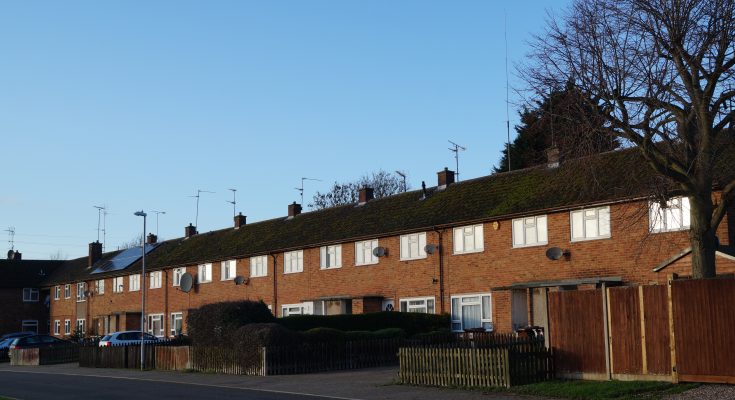Millions of leaseholders will be given the right to extend their lease by a maximum term of 990 years at zero ground rent.
Today’s changes come as part of the biggest reforms to English property law for forty years, fundamentally making home ownership fairer and more secure.
Under the current law, many people face high ground rents, which, combined with a mortgage, can make it feel like they are paying rent on a property they own. ‘Modern ground rent’ is the rent (determined under section 15 of the 1967 Act) payable during the additional term of a lease extension of a house (under the current law). It is calculated by valuing the “site”, and then decapitalising that value. Freeholders can increase the amount of ground rent with little or no benefit seen to those faced with extra charges. It can also lengthen and lead to increased costs when buying or selling the property.
Many long leases specify an annual ground rent of a ‘peppercorn.’ A peppercorn rent is used in circumstances where it is deemed appropriate for there to be no substantive rent payable. Under the current law, any lease extension of a lease of a flat under the 1993 Act must be granted at a peppercorn rent.
Today’s announcement means that both house and flat leaseholders will now be able to extend their lease to 990 years with a ground rent at zero. So, any leaseholder who chooses to extend their lease on their home will no longer pay any ground rent to the freeholder, enabling those who dream of fully owning their home to do so without cumbersome bureaucracy and additional, unnecessary and unfair expenses.
As Housing Secretary Rt Hon Robert Jenrick MP said, these measures will end “some of the worst practices faced by homeowners,” saving some leaseholders up to tens of thousands of pounds.
“We want to reinforce the security that home ownership brings,” he said. “These reforms provide fairness for 4.5 million leaseholders and chart a course to a new system altogether.”
The new reform will really benefit all leaseholders. In contrast to a freeholder who owns both the property and the land it stands on, leaseholders only own the property.
Under current rules, leaseholders of houses can only extend their lease once for 50 years with a ground rent. This compares to leaseholders of flats who can extend as often as they wish at a zero ‘peppercorn’ ground rent for 90 years. Today’s changes mean both house and flat leaseholders will now be able to extend their lease to a new standard 990 years with a ground rent at zero.
The government is also now establishing a Commonhold Council – a partnership of leasehold groups, industry and government – that will prepare homeowners and the market for the widespread take-up of commonhold. The commonhold model allows homeowners to own their property on a freehold basis, giving them greater control over the costs of home ownership. Blocks are jointly owned and managed, meaning when someone buys a flat or a house, it is truly theirs and any decisions about its future are theirs too.
A cap will also be introduced on ground rent payable when a leaseholder chooses to either extend their lease or become the freeholder. An online calculator will be introduced to make it simpler for leaseholders to find out how much it will cost them to buy their freehold or extend their lease. The calculator will also help leaseholders find out how much it will cost them to buy their freehold or extend their lease.
The formula used to work out the cost to leaseholders for buying the freehold or extending the lease includes a discount for any improvements the leaseholder has made and a discount where leaseholders have the right to remain in the property on an assured tenancy after the lease expires. These existing discounts will be retained, alongside a separate valuation methodology for low-value properties known as ‘section 9(1)’.
Importantly, the government is abolishing prohibitive costs like ‘marriage value’ and set the calculation rates to ensure this is fairer, cheaper and more transparent. Marriage value assumes that the value of one party holding both the leasehold and freehold interest is greater than when those interests are held by separate parties. Today’s announcement will remove marriage value from the premium calculation.
Further measures will be introduced to protect the elderly. The government has previously committed to restricting ground rents to zero for new leases to make the process fairer for leaseholders. This will also now apply to retirement leasehold properties (homes built specifically for older people), so purchasers of these homes have the same rights as other homeowners and are protected from uncertain and rip-off practices.
Leaseholders will also be able to voluntarily agree to a restriction on future development of their property to avoid paying ‘development value’.
Legislation will be brought forward in the upcoming session of Parliament, to set future ground rents to zero. This is the first part of seminal two-part reforming legislation in this Parliament which will bring forward a response to the remaining Law Commission recommendations, including commonhold, in due course.
Image: Corby, Northamptonshire / @ REET


